Enhanced annuities explained
Learn more about enhanced annuities and how they can be used to get a higher retirement income because of your health and lifestyle choices.

What is an enhanced annuity?
If you have a reduced life expectancy, an enhanced annuity may offer a higher retirement income than a regular annuity.
When your annuity income is calculated, providers consider your estimated life expectancy. If your provider thinks your life expectancy is lower than average, they may give you a higher (or enhanced) annuity.
How much more could you get with an enhanced annuity?
Since annuities provide a guaranteed income for the rest of your life, the amount you get will be based on life expectancy.
Poor health can boost this annual income by as much as 30% or more depending on which provider you choose and their criteria for the seriousness of your condition.
Who qualifies for an enhanced annuity?
Different providers may have different criteria. The main conditions and lifestyle factors that qualify for an enhanced annuity are:
- smoking
- diabetes
- high blood pressure
- heart disease
- cancer
- kidney failure
Providers may also provide enhanced annuities for other conditions depending on how serious they are. This means it’s important to answer all questions about your health and lifestyle as honestly as possible.
How can I get an enhanced annuity?
You do not need to choose between a standard and enhanced annuity. When you are applying for an annuity, you will need to answer questions about your health and lifestyle. The quotation form you will complete is fairly standard across all annuity providers.
To qualify for an enhanced annuity you will need to meet certain criteria - your provider will make a judgement based on how much your health and lifestyle are likely to affect your life expectancy.
You may wish to seek professional advice when looking for an annuity as it is an area prone to scams.
Enhanced Annuity FAQs
The ii SIPP is aimed at clients who have sufficient knowledge and experience of investing to make their own investment decisions and want to actively manage their investments. A SIPP is not suitable for every investor. Other types of pensions may be more appropriate. The value of investments made within a SIPP can fall as well as rise and you may end up with a fund at retirement that’s worth less than you invested. You can normally only access the money from age 55 (age 57 from 2028). Prior to making any decision about the suitability of a SIPP, or transferring any existing pension plan(s) into a SIPP we recommend that you seek the advice of a suitably qualified financial adviser. Please note the tax treatment of these products depends on the individual circumstances of each customer and may be subject to change in future.